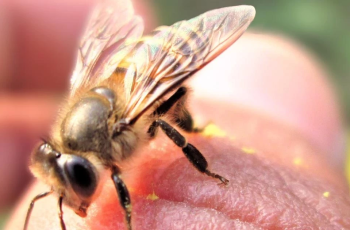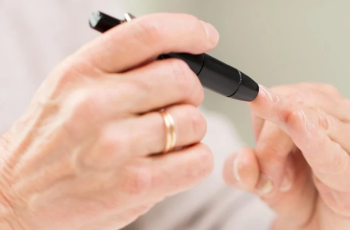Age And Gender

has determined that certain individuals of a particular age and gender have a greater risk of developing inguinal hernias than others. Muscle tone decreases as an individual ages. This is a natural part of ageing, and older adults are more likely to develop an inguinal hematoma. Men have a 10 times higher chance of developing inguinal hernias than women due to the slight differences in their pelvic muscular structure. One in four men will develop an inguinal hematoma during their lifetime.
Indirect inguinal hematomas are usually diagnosed in infants before they reach the age of one year. In rare instances, the symptoms of an indirect inguinal shenia might not appear until an individual reaches adulthood. Inguinal hernias affect between 1 and 5 percent of healthy newborns. Around ten percent of premature infants are estimated to be affected. Children are more likely to suffer from direct inguinal hernias than adults or seniors.




